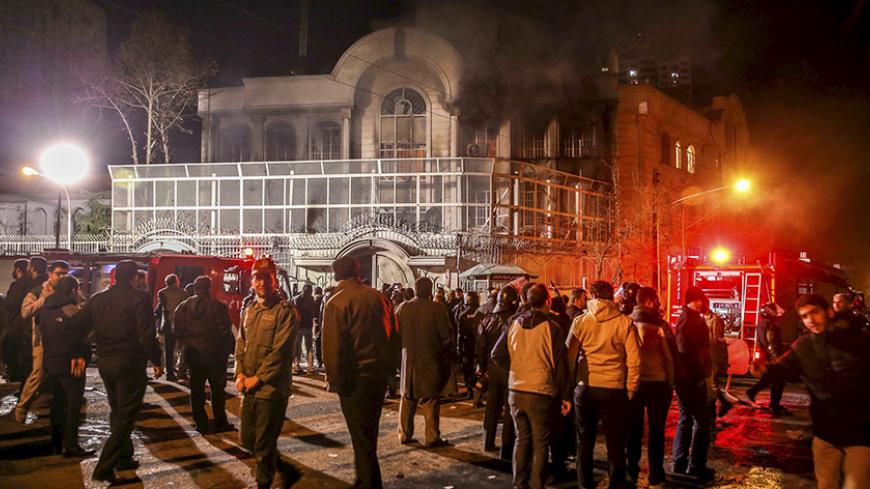Ten individuals involved in the attack on the Saudi Arabian Embassy in Tehran in January 2016 had their prison sentences upheld by an appeals court, according to the lawyer of one of the defendants. Mohammad Narimani said that five individuals were sentenced to six months in prison and five other individuals were sentenced to three months in prison. In the original sentencing, 13 individuals received a suspended sentence; a number of others were acquitted.
In response to the execution of Saudi Shiite cleric Sheikh Nimr al-Nimr, protesters who had gathered at the Saudi Arabian Embassy in Tehran and at the Saudi Arabian consulate in Mashhad eventually stormed the buildings and destroyed property. Iran arrested approximately a hundred individuals after the attack. One of the main organizers of the attack is believed to be a cleric who was linked to conservative Tehran Mayor Mohammad Bagher Ghalibaf.



